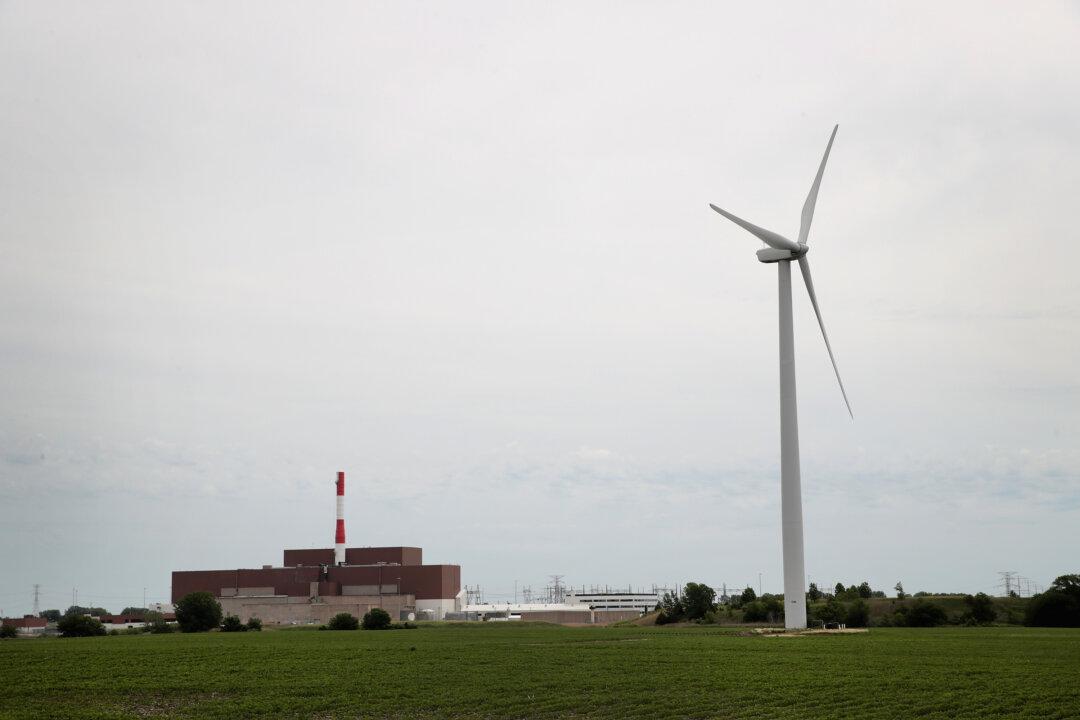A representative body of trade unions in Victoria has said renewables will create more jobs than nuclear.
At a recent inquiry into nuclear power generation, Victorian Trades Hall Council Secretary Luke Hilakari, representing over 40 unions in the state, was questioned about the organisation’s attitude toward nuclear.





